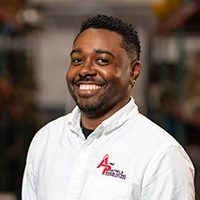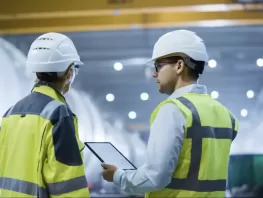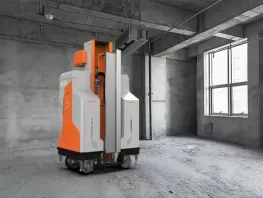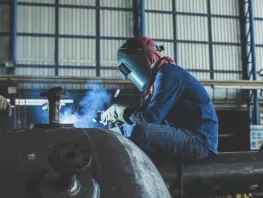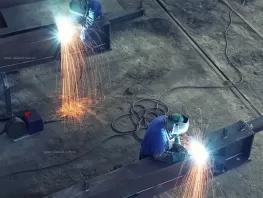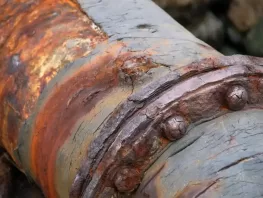
Effective Flooring Solutions For Facilities
Posted Dec 27, 2021 by Dave Scaturro

Just because a floor is clean does not mean it is also sterile. While some floor materials over time and lack of repair can become less and less easy to sterilize, they only stay at their best with human hands to maintain them as they should be. However, a floor that is easier to keep clean and sterile should be the goal for any facility. It makes your job easier and safer, and choosing an Alpine Specialty Flooring installation is a valuable first step in that direction.
What Makes Flooring Less Hygienic?
Sterile floors do not stay that way without human intervention, and depending on the material, this can become more of an issue over time. For example, untreated concrete is absorbent, prone to cracking, pooling water in uneven places, and is just generally a playground for bacteria to cultivate. Carpets can be sponges for all manner of contaminants, which can be absorbed deep under their surfaces and be difficult to clean away fully. Tile flooring can crack, but it already naturally has seams and grooves where everything from dust, bacteria, and other microbes can develop and remain difficult to reach. Flooring like vinyl can weaken with sudden temperature changes and can even be harmed by harsher cleaning agents that you use to disinfect a room. High traffic can damage weaker treatments, plus it allows people to track in contaminants from outside if there are nooks and crannies for them to settle and develop.
All of these elements and more can affect how hygienic your floor is, even after cleaning. Consulting with specialists like those at Alpine as you choose the materials and treatments that suit your budget and your facility's needs can eliminate most of these concerns from the start. Leave it to the experts to walk you through the process and come up with a plan of action.
Resinous Floors - Seamless and Maintainable
Resinous floors are cast or poured into a room to create a smooth, level, and seamless surface with no cracks, dips, or grooves for bacteria and other threats to settle and cultivate. Even where the floor meets the wall, it is completely smooth and easy to maintain. It involves applying a mixture of a resin-like epoxy, acrylic, or polyurethane to a hardener material. This is poured onto a surface, and the chemical reaction between the two materials speeds up the hardening process. What you get is a floor that is antimicrobial, non-absorbent, and resistant to chemicals and temperature.
Now more than ever, facilities and businesses of all stripes are looking into the benefits of hygienic flooring options like seamless resin flooring to foster safer and cleaner environments for their staff and customers, and we here at Alpine understand that. Whether your facility is commercial, industrial, pharmaceutical, or other, contact Alpine Specialty Flooring today to discuss our insights and options!
